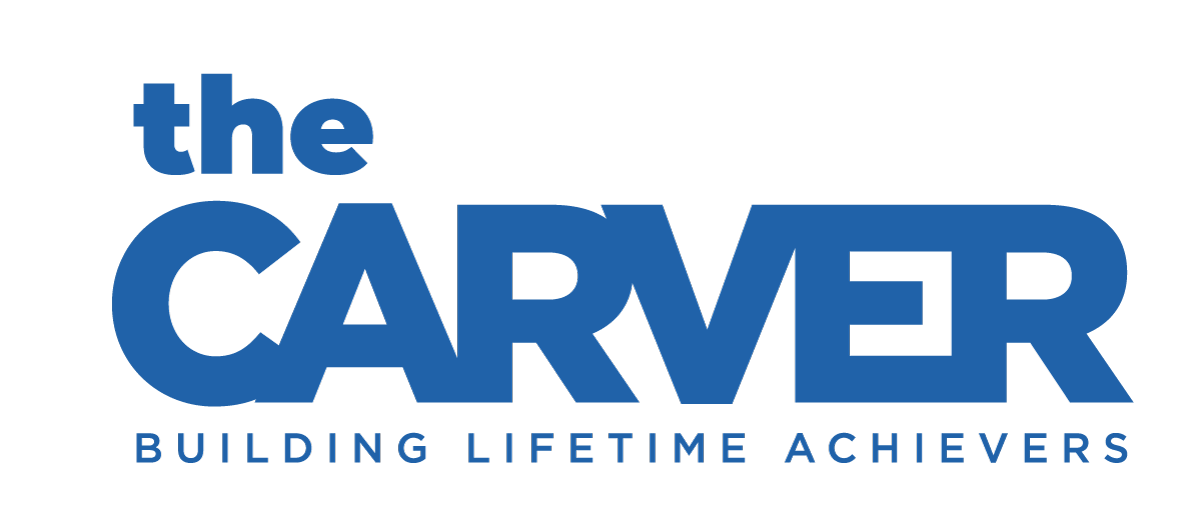Carver before- and after-school programs utilize project-based learning (PBL) to engage students in meaningful, real-world projects that develop critical knowledge and skills. PBL is a teaching method centered around an extended inquiry process that engages students to answer a complex question or solve a real-world problem.
Unlike traditional classroom learning, PBL fosters collaboration, creativity, and critical thinking as students navigate hands-on projects. With PBL, students create a public product or presentation for an authentic audience, learning to apply their knowledge to new situations. This process allows students to gain deep content knowledge and understanding while developing essential skills like communication, collaboration, empathy, and problem-solving.
Carver recognizes that in today's rapidly changing world, students need learning experiences that equip them with more than content knowledge. PBL develops the human skills crucial for students to understand diverse perspectives, work with others, and navigate complex challenges. By grounding projects in real-world contexts, students learn academics and how to impact their communities positively.
Our before- and after-school staff (e.g., daytime teachers) and partners, such as the Maritime Aquarium, Mad Science, and robotics providers, design meaningful PBL experiences that unleash students' creative potential.
We facilitate community partnerships, model project design techniques, share resources, integrate technology, and nurture collaborative learning communities. Our role is to create transformative learning through PBL that helps students reach their full potential while understanding their ability to drive positive change. Ultimately, Carver utilizes PBL because we understand that academics and human skills must intersect for growth.
PBL fosters this growth by drawing out students’ innate compassion and ability to think critically about solving real issues. When students collaborate to drive change, they gain perseverance, problem-solving abilities, and a sense of empathy that allows them to contribute to society.
That's the power of learning through projects.



